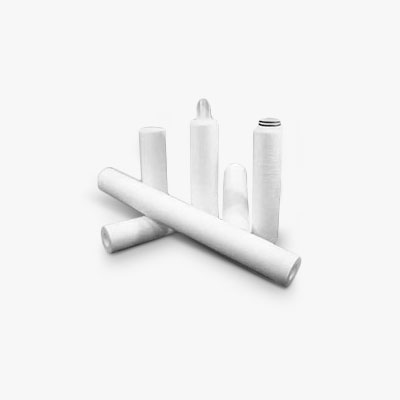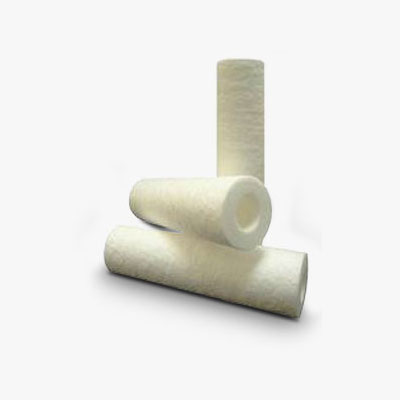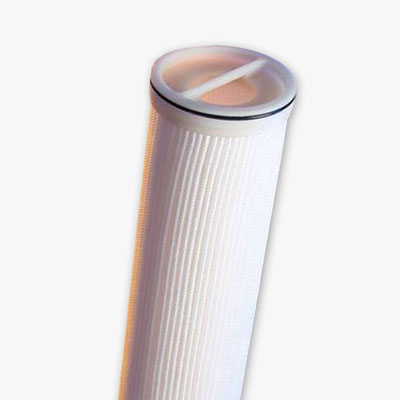In the Oil Industry Glycol dehydration is a liquid desiccant system for the removal of water from natural gas and natural gas liquids (NGL). This process is a most common and economical means of water removal from these streams of gas.
The elimination of this water is important to eliminate problems for downstream processes and equipment. The temperature is one key factor that influences the state in how the water affects the process, at low temperatures the water can either freeze in piping or, as is more commonly the case, form hydrates with CO2 and hydrocarbons.
If this dehydration where not to be done, a free water phase (liquid water) could also drop out of the natural gas as it is either cooled or the pressure is lowered through equipment and piping. This free water phase will often contain some portions of acid gas (such as H2S and CO2) and can cause corrosion and many other problems.
The common Glycols used in industry include triethylene glycol (TEG), diethylene glycol (DEG), ethylene glycol (MEG), and tetraethylene glycol (TREG). TEG is the most commonly used glycol in industry.



